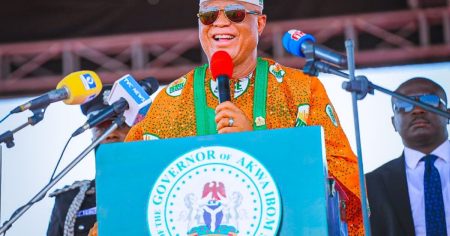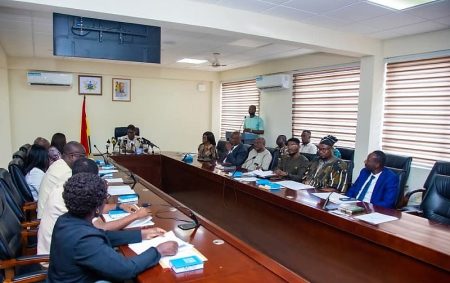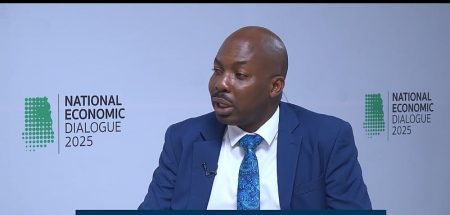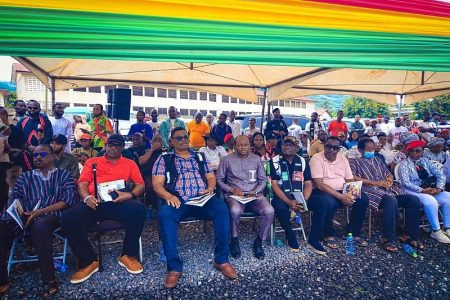Ghana’s recent ratification of the World Trade Organization (WTO) Agreement on Fisheries Subsidies marks a significant step towards sustainable fisheries management and the fight against illegal, unreported, and unregulated (IUU) fishing. This move aligns with Ghana’s national objectives outlined in the Marine Fisheries Management Plan (2022-2026), which focuses on restoring depleted fish stocks, improving data collection, and strengthening enforcement efforts. By endorsing the agreement, Ghana joins a global effort to eliminate harmful subsidies that contribute to overfishing and IUU fishing, promoting a fairer and more sustainable global fishing industry. This commitment positions Ghana as a leader in regional fisheries governance, especially considering its role as host of the African Continental Free Trade Area (AfCFTA).
The WTO Agreement on Fisheries Subsidies targets specific harmful subsidies that drive overfishing and IUU fishing. These include subsidies that support fishing vessels operating illegally, subsidies that encourage fishing in overfished areas, and subsidies that facilitate fishing in areas where fish stocks are unknown or inadequately managed. The agreement prohibits these harmful subsidies, aiming to level the playing field for artisanal and semi-industrial fishers, particularly in developing countries, who often face unfair competition from heavily subsidized industrial fleets from developed nations. The agreement recognizes the specific challenges faced by developing and least-developed countries and provides transition periods for implementation, allowing them to adapt to the new regulations while continuing to support their fishing industries.
Ghana’s ratification is crucial in addressing the detrimental effects of IUU fishing on its marine ecosystems and the livelihoods of those dependent on fishing. IUU fishing depletes fish stocks, damages marine habitats, and undermines the economic viability of legitimate fishing operations. By curbing these practices, Ghana aims to protect its marine resources, ensure the long-term sustainability of its fishing industry, and safeguard the food security and economic well-being of its coastal communities. The ratification also complements other national initiatives, such as the establishment of Marine Protected Areas (MPAs), which aim to replenish depleted fish stocks and protect critical marine habitats.
The decision to ratify the agreement underscores Ghana’s commitment to international cooperation and its recognition of the interconnectedness of global fisheries management. By aligning its policies with international standards, Ghana contributes to the collective effort to combat IUU fishing and promote responsible fishing practices worldwide. This collaborative approach is vital for addressing the transboundary nature of fisheries management, as fish stocks often migrate across national boundaries and require coordinated international action for effective conservation.
Furthermore, Ghana’s leadership in ratifying the agreement sets a positive example for other African nations and reinforces its commitment to sustainable development within the AfCFTA framework. By promoting sustainable fisheries management, Ghana contributes to the broader goals of the AfCFTA, which include promoting economic integration, fostering regional trade, and ensuring sustainable development across the continent. This commitment to sustainability is essential for ensuring the long-term viability of Africa’s fisheries resources and the livelihoods of millions who depend on them.
Ghana’s ratification of the WTO Agreement on Fisheries Subsidies signifies a crucial milestone in the global effort towards sustainable fisheries management and the eradication of IUU fishing. This proactive step aligns with Ghana’s national priorities, demonstrates its commitment to international cooperation, and reinforces its leadership role in promoting sustainable development within the African context. The implementation of the agreement will be crucial in achieving its objectives, requiring effective monitoring, enforcement, and international collaboration to ensure its long-term success.














